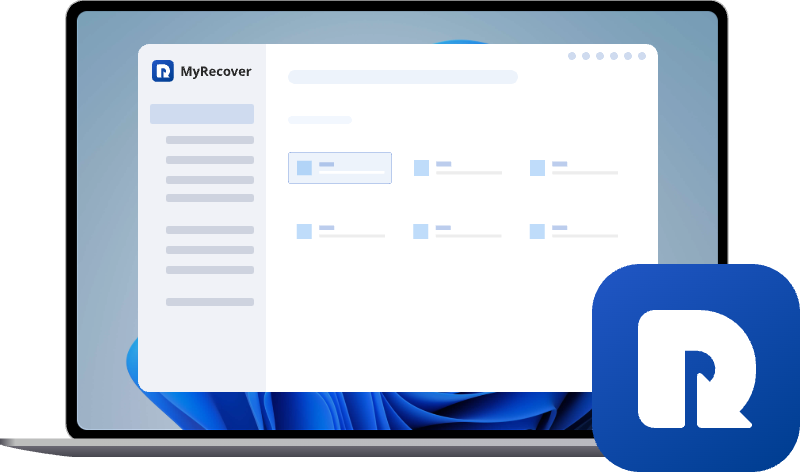Permanently Delete Files from Windows Computer
This comprehensive guide will provide you with step-by-step instructions on how to permanently delete files from your Windows computer, along with recommendations for software tools to optimize the process.
Introduction
Permanently deleting files from your Windows computer is essential for maintaining data security and ensuring that sensitive information cannot be recovered. In this guide, we will explore the various methods to achieve file deletion beyond recovery, including the use of software tools designed for this purpose.
Problem: Insecure File Deletion
When you delete a file from your computer, it is not actually removed from the storage medium. Instead, the file system marks the space occupied by the file as available for reuse. Until that space is overwritten with new data, the deleted file can potentially be recovered using specialized software.
Causes:
- Unintentional deletion
- Outdated file deletion methods
- Lack of awareness about secure deletion
Solutions:
Solution 1: Secure File Deletion using Windows Command Prompt
The Windows Command Prompt provides a powerful method for permanently deleting files. Follow these steps:
- Open the Command Prompt by searching for 'cmd' in the Windows Start Menu.
- Navigate to the directory where the file is located using the 'cd' command.
- Once in the correct directory, type 'del /F filename.extension' to delete the file permanently.
- Press Enter to execute the command.
- Repeat the process for each file you want to delete permanently.
Solution 2: Secure File Deletion using Third-Party Software
Several software tools exist that specialize in secure file deletion. One recommended tool is CCleaner. Here is how you can use it:
- Download and install CCleaner from the official website.
- Launch CCleaner and navigate to the 'Tools' section.
- Click on 'Drive Wiper' to access the secure file deletion feature.
- Select the drive where the files are located and choose the appropriate deletion method.
- Click 'Wipe' to begin the secure file deletion process.
Solution 3: Secure File Deletion using Encryption Tools
Encrypting files before deletion adds an extra layer of security, making it virtually impossible to recover the original data. One popular encryption tool is VeraCrypt:
- Download and install VeraCrypt from the official website.
- Create a VeraCrypt volume and mount it on your computer.
- Copy the files you want to delete to the mounted volume.
- Unmount the VeraCrypt volume and securely delete it by following the steps mentioned in the previous solutions.
Software Recommendation:
In addition to CCleaner and VeraCrypt, another highly recommended software tool is Eraser. Eraser provides advanced file deletion options, including secure file erasure and file shredding. It is widely recognized for its reliability and user-friendly interface.
FAQ (Frequently Asked Questions)
Q: Can I recover files deleted from the recycle bin?
A: Yes, files deleted from the recycle bin can be recovered using specialized software before their original space is overwritten.
Q: Is it possible to delete files permanently without any trace?
A: Yes, by following the secure file deletion methods mentioned in this guide, you can ensure that files are deleted beyond recovery.
Q: Can I use file shredding tools on external storage devices?
A: Yes, file shredding tools can be used on external storage devices as long as they are formatted with the Windows file system.
Q: What is the difference between formatting and secure file deletion?
A: Formatting a drive erases the file system and its associated data, but it is still possible to recover some files. Secure file deletion, on the other hand, ensures that the files are permanently and irreversibly deleted.
Q: Are there any legal implications of permanently deleting files?
A: Permanently deleting files is a legitimate action as long as it is done within the legal framework of your jurisdiction.
Q: Can I permanently delete system files without causing any issues?
A: Permanently deleting system files can cause significant issues with the stability and functionality of your Windows computer. It is recommended to avoid deleting essential system files unless you have advanced knowledge.
Q: Is it necessary to permanently delete files if I am going to sell my computer?
A: Yes, it is highly recommended to permanently delete files before selling or disposing of your computer to ensure that your personal data does not fall into the wrong hands.
Glossary
1. File Deletion:
Removing a file from a storage medium by erasing its references in the file system.
2. Data Security:
The practice of protecting data from unauthorized access, use, disclosure, destruction, modification, or disruption.
3. Encryption:
The process of converting data into a form that is unintelligible to unauthorized individuals, providing confidentiality and data security.
Tips to Ensure Secure File Deletion
Conclusion
Permanently deleting files from your Windows computer is crucial for maintaining data security and preventing unauthorized access. By following the solutions and recommendations outlined in this guide, you can ensure that your sensitive information is effectively and permanently deleted, minimizing the risk of data breaches. Regularly review and update your file deletion practices to stay ahead in data security.


